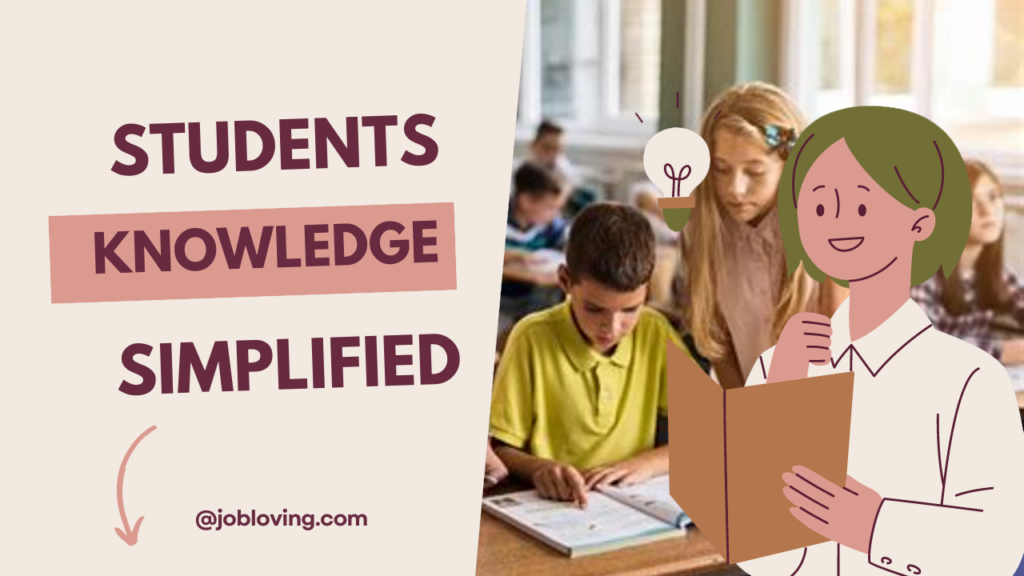The Complicated Terrain of Teacher-Student Relationships: Legal and Ethical Implications
It’s an eternal question: can teachers truly engage in relationships with their students? The simple answer might seem to lean towards the affirmative if we focus purely on feelings and emotions, but delve deeper and the waters quickly become murky. In reality, even if both the teacher and student agree, any improper sexual activity between a teacher and a student is against the law. In this article, we will closely explore the multifaceted dimensions surrounding teacher-student relationships, from legal boundaries to ethical dilemmas, showing just why the topic garners such widespread scrutiny.
Understanding the Legal Framework
As it stands, the law is explicit regarding teacher-student relationships, particularly concerning underage students. For example, in Texas, the law prohibits teachers from engaging in any kind of sexual relationship with students, irrespective of their age. Whether a student is 16 or 18, crossing that line holds severe consequences.
- Criminal Charges: Educators can face hefty prison sentences, ranging from 2 to an astounding 20 years, for violations under Texas law. This is a stark reminder of the legal repercussions that can accompany inappropriate relationships.
- Civil Liabilities: If a teacher pursues an inappropriate liaison with a student, civil lawsuits can also be levied against them. Victims of misconduct can demand damages for their emotional and psychological trauma.
- Inherent Power Dynamics: States categorize teacher-student relationships as problematic primarily because of the inherent power imbalance. Teachers have authority over students’ academic futures, creating potential for coercive situations.
Even in college contexts, the gray areas persist. Many universities in Texas may not impose criminal penalties for teacher-student relationships, but strict internal policies often apply nonetheless. Each institution typically enforces guidelines to prioritize student welfare and uphold academic integrity.
The Ethical Minefield
A relationship between a teacher and student isn’t merely a legal issue; it’s steeped in ethical considerations too. The risks of coercion and manipulation are significant in these situations, more so when the student is in the formative years of their educational journey.
- Coercion and Trust: Teachers wield considerable influence over their students, and this power dynamic complicates genuine consent. When a teacher’s approval can determine grades or career paths, students may feel pressured to comply with relationships they might not have otherwise pursued.
- Psychological Impact: The aftermath of such relationships can lead to long-lasting emotional scars. Students may experience anxiety, depression, and trust issues, complicating their educational experiences and future interactions.
- Academic Integrity: Even consensual relationships can tarnish the perception of fairness in academic settings. Fellow students may view the involved parties with skepticism, questioning the validity of grades and classroom dynamics.
It isn’t just students at the heart of the ethical dilemma. Educators can face harsh backlash when involved in such relationships, including suspension or termination from their positions. Furthermore, false accusations can devastate a teacher’s career, leading to a loss of reputation, job security, and emotional turmoil.
Implications Beyond the Classroom
When discussions shift to community perceptions regarding teacher-student relationships, the stakes grow even higher. The educational system prides itself on safety and integrity; any hint of impropriety can undermine public trust in schools and universities.
- Professionalism vs. Friendships: Teachers often assume supportive roles that aid student growth, but that support must not transform into personal friendships. Maintaining professional boundaries is essential to safeguard both students and teachers.
- Extracurricular Activities: Teachers frequently engage in activities outside the classroom. While these interactions build community and camaraderie, they should carefully tread the line between mentorship and friendship.
- Long-Term Consequences: Any relationship considered outside acceptable norms holds the risk of creating a hostile learning environment for both the students involved and their peers. The focus of education should remain on academic success rather than individual dramas.
Shifting the lens to universities, relationships between teachers and former students may seem acceptable under certain conditions. However, caution is prudent. The potential for conflicts of interest remains high, necessitating careful consideration of boundaries.
Establishing Clear Boundaries
The primary goal of the laws and policies surrounding teacher-student relationships is to protect students. It’s crucial for both students and educators to understand the implications of their actions:
- Clear Policies: Educational institutions implement strict rules to keep interactions professional and transparent. Violation of these policies typically brings severe consequences for teachers, reminding them of their responsibilities.
- Communication is Key: Open dialogue is encouraged. Students should feel safe discussing any concerns regarding teacher-student relationship policies with university officials, ensuring clarity is maintained within educational environments.
- Accountability Measures: Schools and universities have mechanisms in place for students to report violations. Protecting student rights and well-being must always be the priority of educational institutions.
To maintain a healthy learning environment, teachers must prioritize professionalism over personal relationships. These boundaries enhance the educational experience, fostering trust and respect between educators and students.
Conclusion: The Imperative Nature of Boundaries
In conclusion, the intricate dance of teacher-student relationships requires an astute awareness of the legal, ethical, and community implications at play. Relationships that might seem harmless can lead to significant trauma, reputational harm, and potential legal consequences.
Understanding the nuances and challenges is vital for teachers, students, and educational institutions alike. As the educational landscape continues to evolve, so too must the policies that protect students from the inherent risks presented by authority figures—a mission that safeguards not only individual well-being but preserves the integrity of the educational system at large. If anything, the overwhelming consensus remains: preserving professional boundaries is crucial for the moral fabric of teaching and for ensuring that education continues to thrive as a sacred, trust-based journey.

